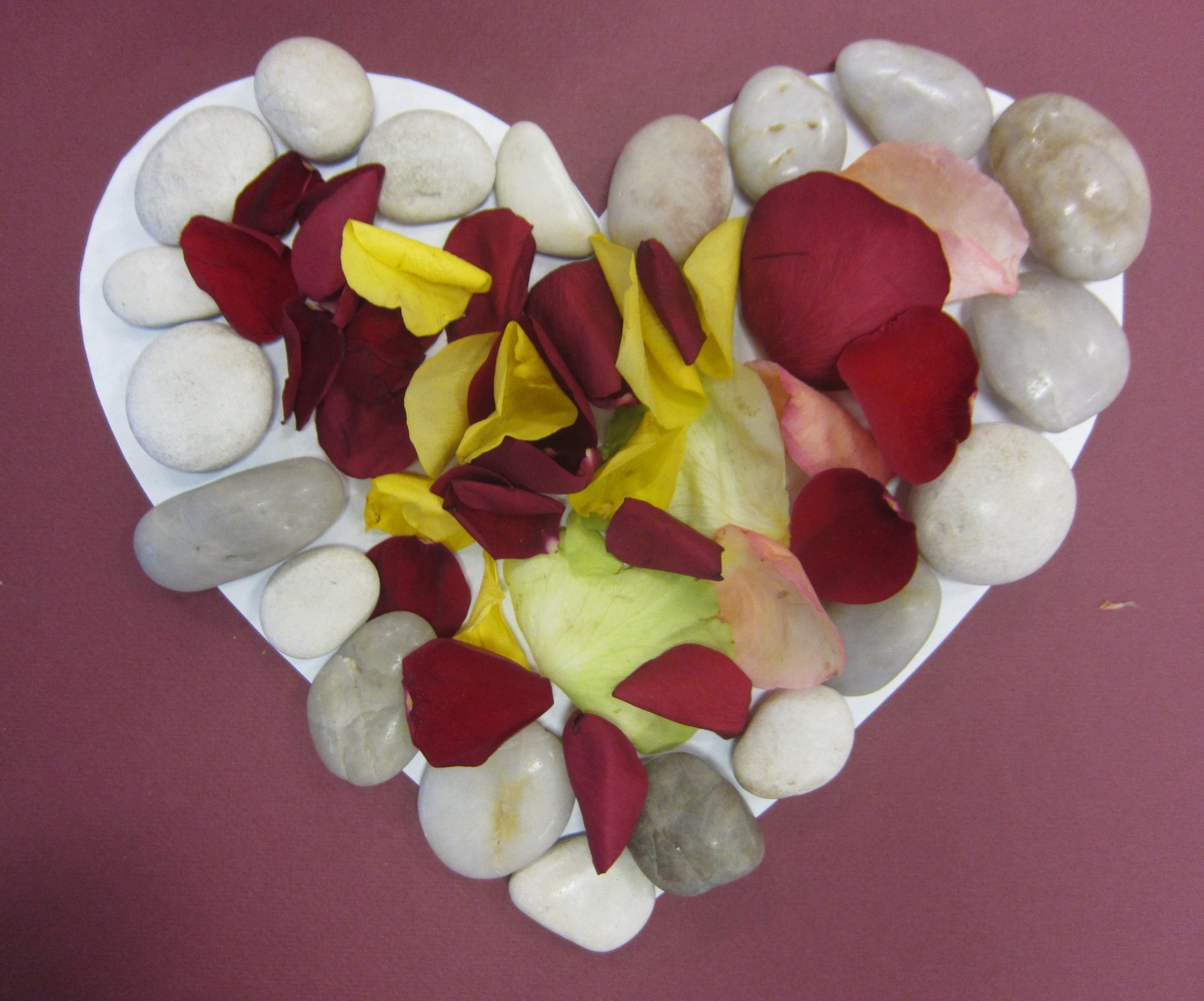The We That I Am

The final goal and expecation that we have for Opal School students is this:
Develop strategies that contribute to the quality of the community by having a keen sense of place, identity and belonging while respecting the rights and identities of others.
In the end, it’s about understanding the complexity of a community that intends to function as a healthy democracy. If you’ve ever questioned the need for direct and intentional focus on the authentic development of this understanding, have a listen to this recent interview with the Superintendent of Public Instruction in Arizona : Mexican American Studies: Bad Ban or Bad Class? In this interview, he states:
These issues are going to be huge philosophical issues for the United States as we become – as our whole racial makeup changes and we need to know that there are a lot of serious concerns about how you educate kids, the values that you pass on to them.
John Huppenthal, Superintendent of Public Instruction in the state of Arizona
On this point we can agree. But his fear is palpable. And he weilds his power with it.
For a somewhat lighter (but no less serious) take on these legal decisions in Arizona, you might watch these interviews from a recent episode of The Daily Show that feature a Tucson School Board member:
| The Daily Show with Jon Stewart | Mon – Thurs 11p / 10c | |||
| Tucson’s Mexican-American Studies Ban | ||||
|
||||
The gift of working with very young children is that we can choose to support our human drive towards relationship. Before we find ourselves needing to share the tragedies of history with children, we can choose to spend our time supporting them with strategies to know one another, to develop emapthy for one another, to listen, to speak up, to recognize assumptions, to tell our own stories, to value one another’s stories, and to be curious about the differences.
It turns out, this drive towards community and connection, even across groups that are not like our own, is hard-wired into our DNA. A new book published last week by biologist and naturalist E.O. Wilson, The Social Conquest of Earth, focuses on how humans and insects conquered the Earth by forming complex societies based on group cooperation, and he discusses the evolutionary struggle between our altruistic and selfish natures. This interview with Wilson was featured on Science Friday yesterday on NPR. From the interview:
We want to be as fractious and quarrelsome and uncertain and dithering from now on, but we just want to do it with more wisdom and making better decisions.
E.O. Wilson, Harvard University
So, with this in mind, the teachers and young childen at Opal School have put as the first priority in all endeavors to focus on relationship. As such, they are working with great hope to an end that is ripe with the wisdom needed to make better decisions for everyone. Strategies that lead us successfully through conflict, develop strong voices, and take perspectives with a well-informed social imagination support habits of heart and mind that will serve to make them strong enough (and skilled enough) not to be fearful of one another. These strong habits provide resilience and fuel the imagination necessary to solve the problems that remain the legacy of the history of civilization and that all children are certain to encounter as they enter the wider world.
